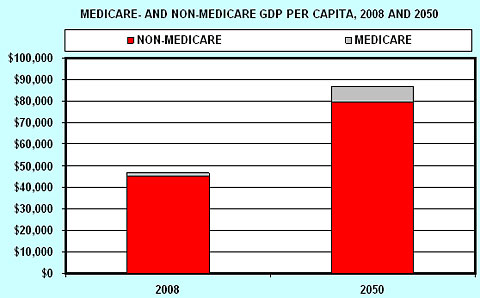By ROSE ANN DeMORO
The Tampa Tribune
Sunday, December 21, 2008
The most heartbreaking e-mail alerts that crossed my computer screen this holiday season arrived from an active, progressive union that has set up a fund for medical benefits for widows and orphans of their former members.
Reliance on charity rather than a public safety net symbolizes what has become a perversely unique American solution to social problems, especially in the Bush administration era.
In “Critical Condition,” a searing 2006 indictment of the collapse of our medical system, Donald Bartlett and James Steele described how pervasive this dependence has become. Garage sales, spaghetti feeds, livestock auctions, pancake breakfasts, walkathons, bingo tournaments, pie socials, carwashes, church suppers, raffles, barbecues, basketball shootouts, even hot-air balloon rides, all to help families drowning with un-payable medical bills.
Rather than a coordinated national system, as every other industrialized country has established, our “you’re on your own” society has hit rock bottom in the most basic area of all, the care of our community.
No wonder the United States ranks last among comparable nations in preventable deaths and first in out-of-pocket costs, despite spending twice as much as anyone else on per capita health care.
Much has been said recently about Franklin Roosevelt’s first 100 days, a period that inaugurated a new standard of social action and set the stage for some of the most important reforms in American history.
But it’s also worth remembering FDR’s 1944 call for a second Bill of Rights that included the right for all Americans to quality health care and other basics in jobs, education, housing and food that he said “spell security.” In other words, a collective response to protect and defend everyone, not just the fortunate few.
Counting on personal check writers or online donors certainly relieves others of their responsibility, most notably the insurance companies that are not about to jeopardize that by starting to actually pay for medical care.
And it circumvents the vision of those who think our government should guarantee health care for all of us, much as government assumes responsibility for police, fire, armed services, schools, libraries, mail service, parks, environmental protections, airport security, national museums and prisons.
And even though the government is already in the game, financing or providing medical care for seniors, veterans, the disabled and low-income families, it should operate with less administrative waste, less bureaucracy and without rejecting people based on pre-existing conditions or dumping them when they get sick.
But somehow, a whole lineup of liberal advocacy groups, policy wonks, media pundits and politicians have concluded there is a national “consensus” to fix this broken and dysfunctional health care system by expanding the private insurance system that created the disaster.
That approach, however, would not curtail skyrocketing premiums, deductibles, co-pays or bills for care denied by the insurance companies. In recent testimony to the Senate Finance Committee, Princeton Professor Uwe Reinhardt noted that the current cost of medical services for a typical family of four consumes 26 percent of that family’s gross wages. At the present rate that will soar to 44 percent by 2018.
Perhaps those “consensus” builders are counting on the pancake breakfasts and orphan funds to make up for their policy failures. Or they could channel that giving spirit into joining a broad grass-roots campaign to demand real reform.
Registered nurses will be in the forefront of this movement. It is RNs who every day look patients in the eye and directly experience the pain and degradation of an all-too-often inhumane system. They know that every life counts and are not willing to leave anyone behind.
And they know what it would take to guarantee high quality care for everyone, a streamlined, more effective system than our current nightmare; one based on care, not insurance, by extending Medicare to cover everyone.
In an era when our government has intervened on behalf of Citigroup and AIG and Freddy and Fannie and all those financial wizards on Wall Street, maybe we can bail out the tens of millions of Americans without having to count on auctions or widows’ funds to pay for medical care.
